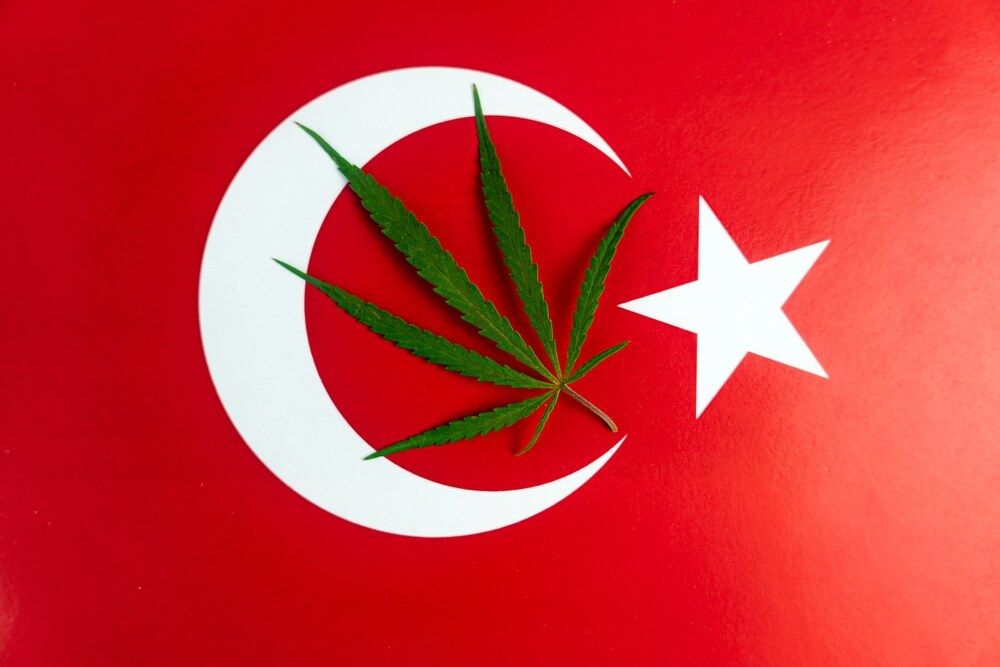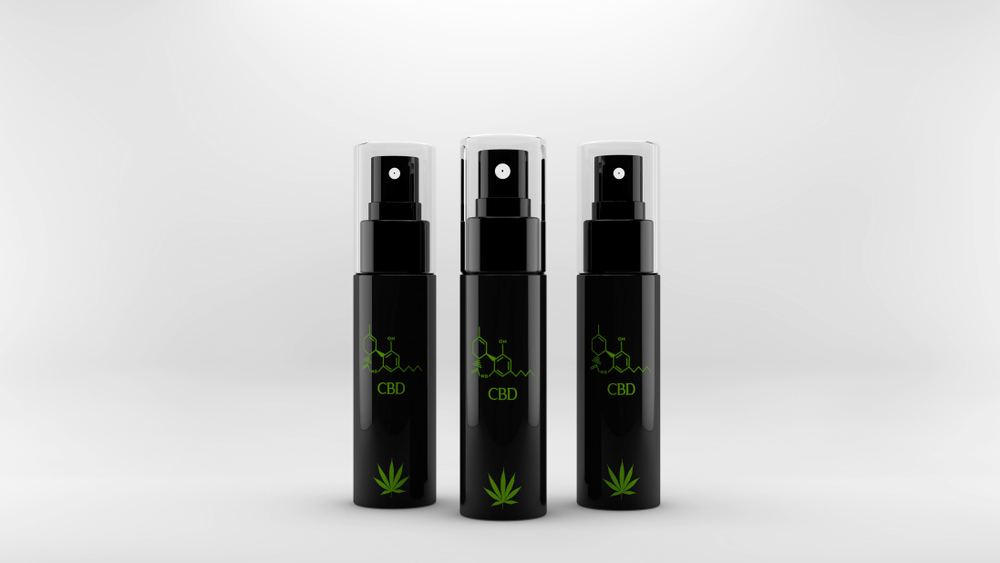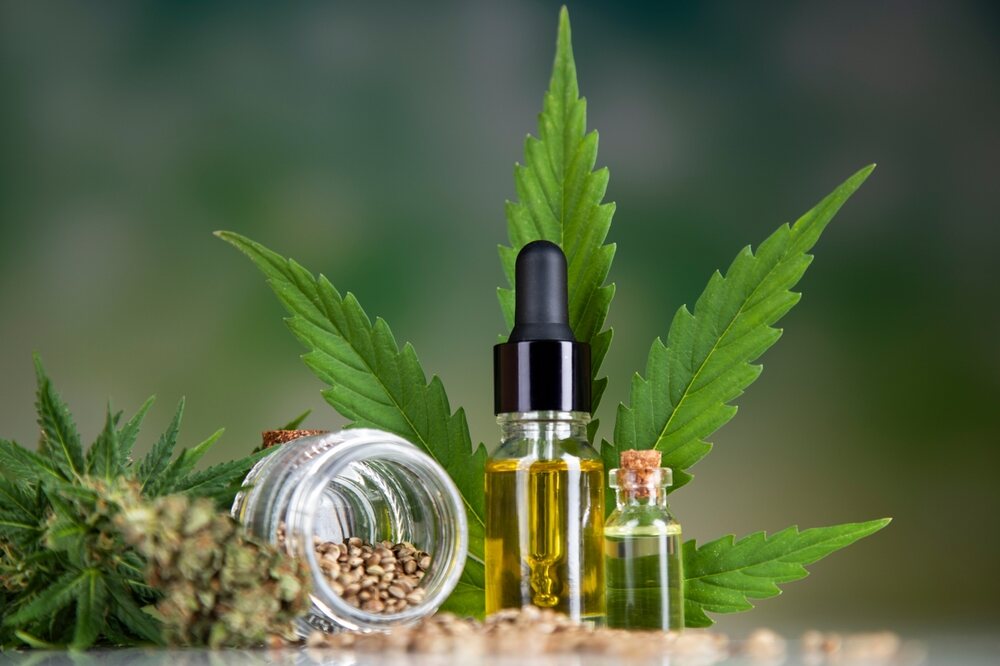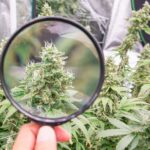The Best Fluffy Pancakes recipe you will fall in love with. Full of tips and tricks to help you make the best pancakes.

Is Weed Legal in Turkey?
If you’re planning a trip to Turkey or you’re just curious about where the country stands on cannabis laws, it’s important to understand what’s legal, what’s risky, and where the law is heading. Turkey is a fascinating place—rich history, stunning landscapes, and a unique stance on cannabis that’s somewhere between strict prohibition and controlled regulation. As a cannabis breeder and cultivator, I’ve studied how different regions handle this plant, and Turkey’s evolving cannabis landscape is one to keep your eye on. Whether you’re wondering about lighting up on a beach in Antalya, looking for CBD in Istanbul pharmacies, or trying to grasp the impact of recent medical legislation, this article gives you a complete guide.
Overview of Cannabis Laws in Turkey
Current legal status of recreational cannabis possession
Cannabis is illegal for recreational use in Turkey. That means if you’re caught with even a small amount of weed—whether you’re a local or a tourist—you could be facing legal trouble. Turkish narcotics law considers cannabis a controlled substance, and the laws reflect a zero-tolerance policy. The Penal Code doesn’t differentiate much between recreational amounts and intent to distribute until your case is under investigation.
This is where things get harsh. Just a gram or two in your pocket could land you in hot water, depending on how local authorities interpret it. They don’t take the “personal stash” argument lightly. I’ve seen this approach before in other countries with strict enforcement, and in Turkey, you definitely don’t want to test the system.
Legal penalties: possession, sale, trafficking, cultivation
Here’s where the penalties really ramp up. Under Turkish Penal Code Article 191, simple possession of cannabis can carry a sentence of 2 to 5 years in prison. However, first-time offenders may be offered rehabilitation or probation, particularly if they agree to treatment. But if you refuse help or repeat the offense, that sentence can be enforced in full.
Now, if you’re caught selling or trafficking cannabis, you’re stepping into serious territory. Article 188 outlines 10 years to life imprisonment depending on the quantity and circumstance. Cultivation without state authorization is treated just as severely—you’re looking at a minimum of 10 years if caught growing cannabis, even for personal use.
As a grower, I can tell you that cultivation laws are often a clearer reflection of a country’s stance than possession laws. In Turkey, the penalties tell you everything—this isn’t a country that tolerates unauthorized growing.
Medical Cannabis and Low‑THC Products
History of medical cannabis legality (2016 Sativex, prescription requirement)
Turkey took a major step forward in 2016 by legalizing the medical use of cannabis-derived pharmaceuticals. This wasn’t full-blown legalization, but a cautious opening. Sativex, a cannabis-based oral spray with both THC and CBD, was approved for prescription in specific cases like multiple sclerosis-related spasticity. But make no mistake—access is limited.
Doctors must get special permission to prescribe, and it’s not like you can just walk into any clinic and get it. The medical system keeps tight control over distribution. It’s administered through a strictly regulated process, with prescriptions routed through the Turkish Ministry of Health. Most Turkish citizens aren’t even aware that medical cannabis is legal in this limited form.
Decree Law No. 663 (July 2025) and pharmacy sales of low‑THC products
In July 2025, Decree Law No. 663 changed the game. For the first time, pharmacies in Turkey were legally allowed to sell cannabis-based products with low levels of THC—think under 0.3%. These products include CBD oils, capsules, and other hemp-derived formulations. This is a big deal because it signaled the Turkish government’s intent to open the door to broader medical cannabis access.
Now, if you’re a patient suffering from chronic pain, anxiety, or neurological conditions, you might find relief in a CBD product available at a pharmacy, provided you have a valid prescription. And as someone who’s worked with high-CBD strains, I can tell you—this is the smart place to start for conservative governments. It reduces stigma while providing therapeutic benefits.

Cannabis Cultivation: Industrial, Medical & Scientific Use
Industrial hemp cultivation in 19 provinces (since 2016), licensing process
Turkey legalized industrial hemp cultivation back in 2016. But before you start planning a hemp farm near Cappadocia, know this: cultivation is only allowed in 19 designated provinces. These areas were selected based on climate, soil suitability, and oversight capabilities.
To grow hemp, farmers must obtain a license from the Ministry of Agriculture and Forestry. The licensing process includes:
- A criminal background check
- Proof of land ownership or lease agreement
- Submission of detailed cultivation plans
- Periodic inspections during the grow cycle
The goal here is to control the THC content. Crops must test below 0.2% THC or they risk being destroyed. It’s not easy, but it is doable—and Turkey’s farmers are increasingly exploring hemp as a cash crop.
2023–24 regulation enabling cultivation for pharmaceutical active ingredients
The landscape shifted again in late 2023 and early 2024, when Turkey passed regulation allowing cannabis cultivation specifically for the production of pharmaceutical active ingredients (APIs). This is a major milestone.
These growers aren’t just producing hemp—they’re cultivating medical-grade cannabis under strict government contracts. This means full traceability, THC/CBD profiling, and export licensing. I’ve followed similar programs in places like Uruguay and Colombia—when a country permits API cultivation, it’s building the infrastructure for a full-scale medical cannabis economy.
In Turkey, this is a sign the government wants to compete globally while also preparing for domestic demand.
CBD, Hemp and Import Rules
CBD oil rules: THC thresholds (0.2–0.3 %)
CBD oil is now technically legal in Turkey—as long as the THC level doesn’t exceed 0.2% or 0.3% depending on the product type and whether it’s imported or locally produced. But the market is heavily regulated.
You can’t import your own CBD from overseas. That bottle of tincture you bought in Amsterdam? Leave it behind. Customs will confiscate it and possibly fine you. Only licensed pharmacies and wholesalers can distribute CBD legally inside the country.
If you’re shopping in Turkey, look for pharmacy-grade CBD brands that comply with Turkish Medicines and Medical Devices Agency (TMMDA) standards. These products go through rigorous testing to ensure they don’t exceed THC limits.
Restrictions on seeds, raw plant, home cultivation
Here’s where things tighten again. Selling or importing cannabis seeds, even for souvenir or collector purposes, is banned unless authorized. You can’t buy seeds online and have them shipped to your flat in Izmir—it’s considered trafficking.
Home cultivation is strictly illegal unless you’re a licensed medical or industrial grower. Growing a single plant at home is treated as a criminal offense. This differs dramatically from countries like Canada or certain U.S. states where homegrows are allowed. In Turkey, no matter how organic or small-scale your grow is, it’s still breaking the law.

Penalties, Enforcement & Travel Advice
Penal code articles and prison sentences (possession 2–5 yrs, trafficking 10+ yrs)
The Turkish Penal Code doesn’t sugarcoat it. Here’s the sentencing breakdown:
- Possession for personal use: 2 to 5 years (Article 191)
- Sale, distribution, or trafficking: 10 years minimum (Article 188)
- Cultivation without permit: 10+ years
- Import/export: 20 years and up
Repeat offenders or large-scale operations can face life sentences. If you’re from outside Turkey and you’re caught, you won’t be deported—you’ll serve your sentence. That’s the cold reality.
How enforcement differs for locals vs tourists, probation, treatment options
The enforcement of these laws can vary. Locals are sometimes offered probation or addiction treatment for first-time possession. This often includes regular drug testing and counseling over a 1–2 year period. If you comply, charges may be dropped.
Tourists, on the other hand, often face stricter scrutiny. Turkish police have broad authority, and searches can be conducted with minimal cause. If you’re carrying cannabis as a tourist—even just a joint—you’re risking arrest, trial, and jail time.
I always tell growers and smokers alike—know the laws where you travel. Turkey is not the place to experiment or test boundaries.

Future Outlook & Reform Discussion
Erdogan’s support for hemp, economic potential of cannabis industry
President Recep Tayyip Erdoğan has publicly praised the potential of hemp cultivation. He’s called for more provinces to be approved for industrial hemp and highlighted the crop’s value for paper, textiles, biofuel, and pharmaceuticals. That support helped lead to the 2023 and 2025 legal updates.
Turkey is positioning itself to become a major player in the cannabis economy—especially in the pharmaceutical space. And with its favorable climate and existing infrastructure, it has a real shot at it.
Public opinion, political debates and likely policy direction
Public opinion on cannabis in Turkey is gradually shifting. Younger generations are more open to cannabis for medical use, and even recreational reform is gaining quiet momentum in cultural circles. But widespread legal change will take time.
The ruling AKP party remains conservative on drug policy, though economic opportunities in hemp and pharma cannabis are changing the conversation. I wouldn’t expect recreational legalization any time soon—but the doors for medical cannabis are definitely opening wider.
Conclusion
So, is weed legal in Turkey? The answer is no—for recreational use, it’s strictly prohibited with harsh penalties. But if you’re looking at it from a medical or industrial lens, the picture is changing fast. Medical cannabis access is growing, pharmacies can now offer low-THC products, and licensed cultivation is in full swing for research and pharma purposes.
As a cannabis breeder and cultivator, I always watch for regulatory evolution. Turkey is slowly planting the seeds of a legal cannabis future—but for now, tread carefully, follow the law, and never assume leniency. The rules are complex, but knowing them keeps you safe—and helps you respect a country with a cannabis system that’s truly in transition.




